Sometimes you hear people say that faith and politics don’t mix. But that notion is antithetical to the historic self-understanding of Presbyterians. From a Presbyterian perspective, our faith demands that we take our responsibility as citizens seriously and involve ourselves in the public affairs of our community, our nation, and the world.
Presbyterians have been involved in civic affairs from the time our country was founded. The Rev. John Witherspoon may have been the only clergyman to sign the Declaration of Independence, but he was not the only Presbyterian. Of the 56 signers of the Declaration, at least 14 of them, or 25%, were Presbyterians. Indeed, Presbyterians were so involved in the American Revolution that many members of the British Parliament, and even King George himself, referred to the Revolution as “the Presbyterian Rebellion.” Presbyterian leaders of the American Revolution were distinguished by their “restless and turbulent antimonarchical spirit.” And the Presbyterian form of government, which offered a living example of an alternative to monarchy, became the model upon which American democracy was based.
___________________________________________
Indeed, Presbyterians were so involved in the American Revolution that many members of the British Parliament, and even King George himself, referred to the Revolution as
“the Presbyterian Rebellion.”
___________________________________________
What about the separation of church and state? Presbyterians have long supported that principle as well. It is the basis of our freedom of religion. But to say that people of faith should not be involved in politics or in public affairs because of the separation of church and state is a gross misrepresentation of the Constitutional principle. The relevant Constitutional clause says, “Congress shall make no law respecting an establishment of religion, or prohibiting the free exercise thereof . . .” Our country’s founders did not want our country to have an official state religion. So they included that language in the Constitution to preserve and protect religious liberty in the United States. The principle was never meant to prevent people of faith from exercising their rights and responsibilities as citizens, as some people like to argue.
Presbyterians believe that faith leads directly to action. It has become a Presbyterian axiom: “To believe is to do.” We are a church that is socially engaged. We put our faith into action in the public arena. That means we exercise our right to vote at election time. But it means more than that. It means participating in the democratic process between elections as well, by communicating with our elected officials and engaging in public policy advocacy. That is why Baltimore Presbytery has a Director of Public Policy in Annapolis and the Presbyterian Church (U.S.A.) has an Office of Public Witness in Washington, D.C. Both are valuable resources for Presbyterians seeking to live out their responsibility as citizens.
Roger Scott Powers is pastor of Light Street Presbyterian Church, vice moderator of the Presbytery of Baltimore, and co-moderator of the Presbyterian Peace Fellowship.

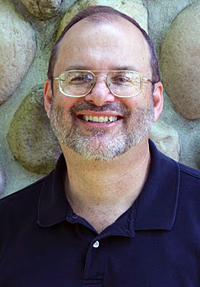
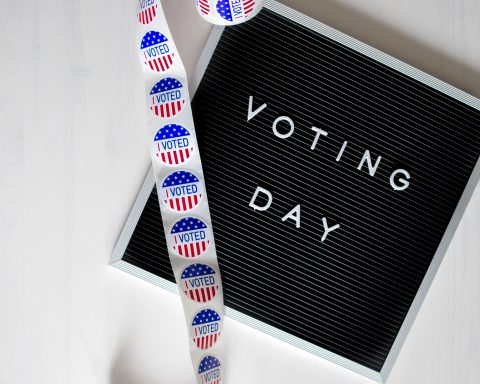
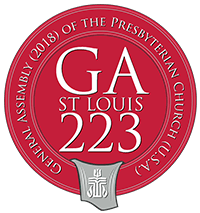
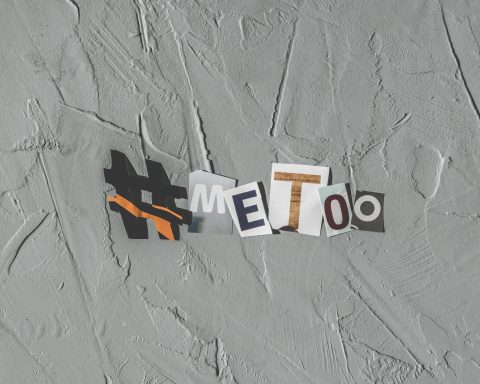
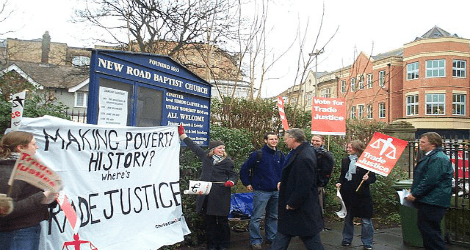
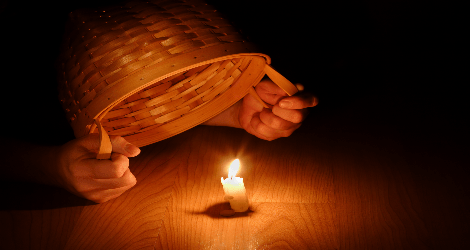
Unbound Social